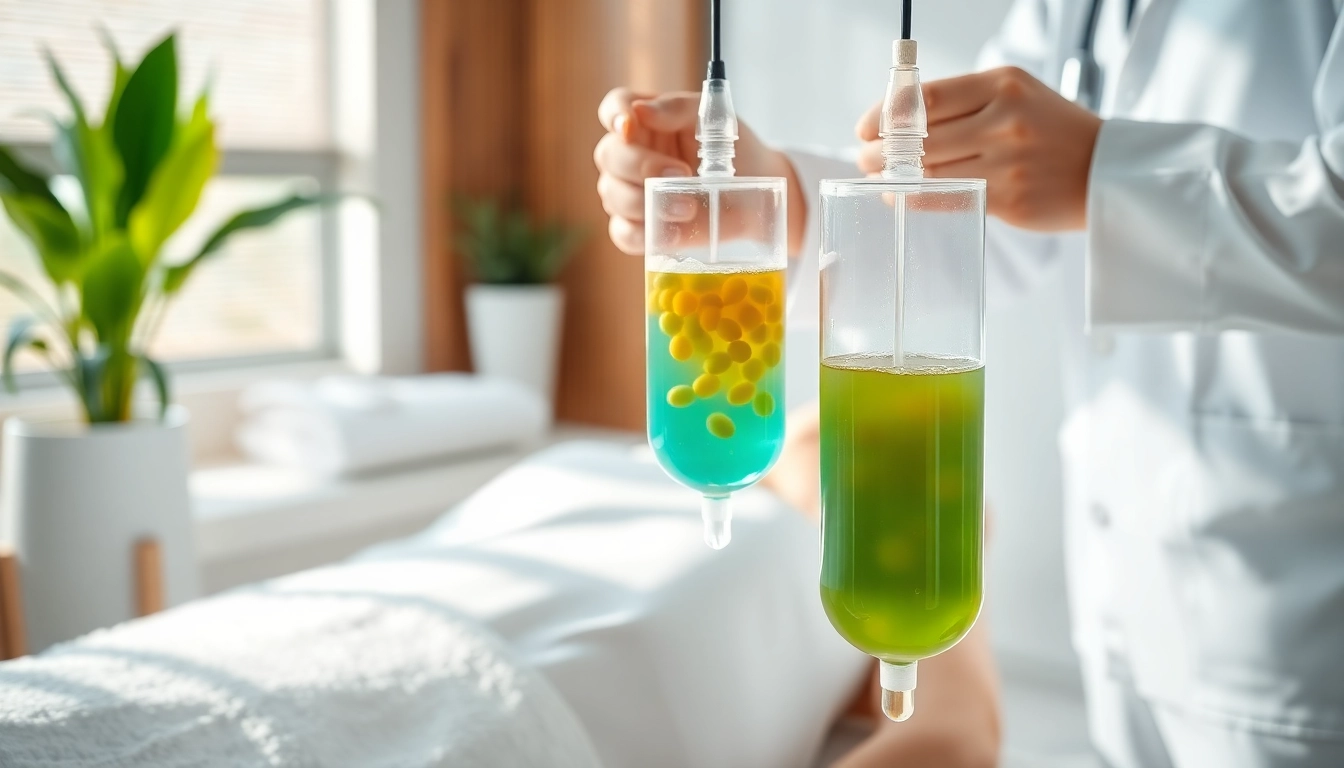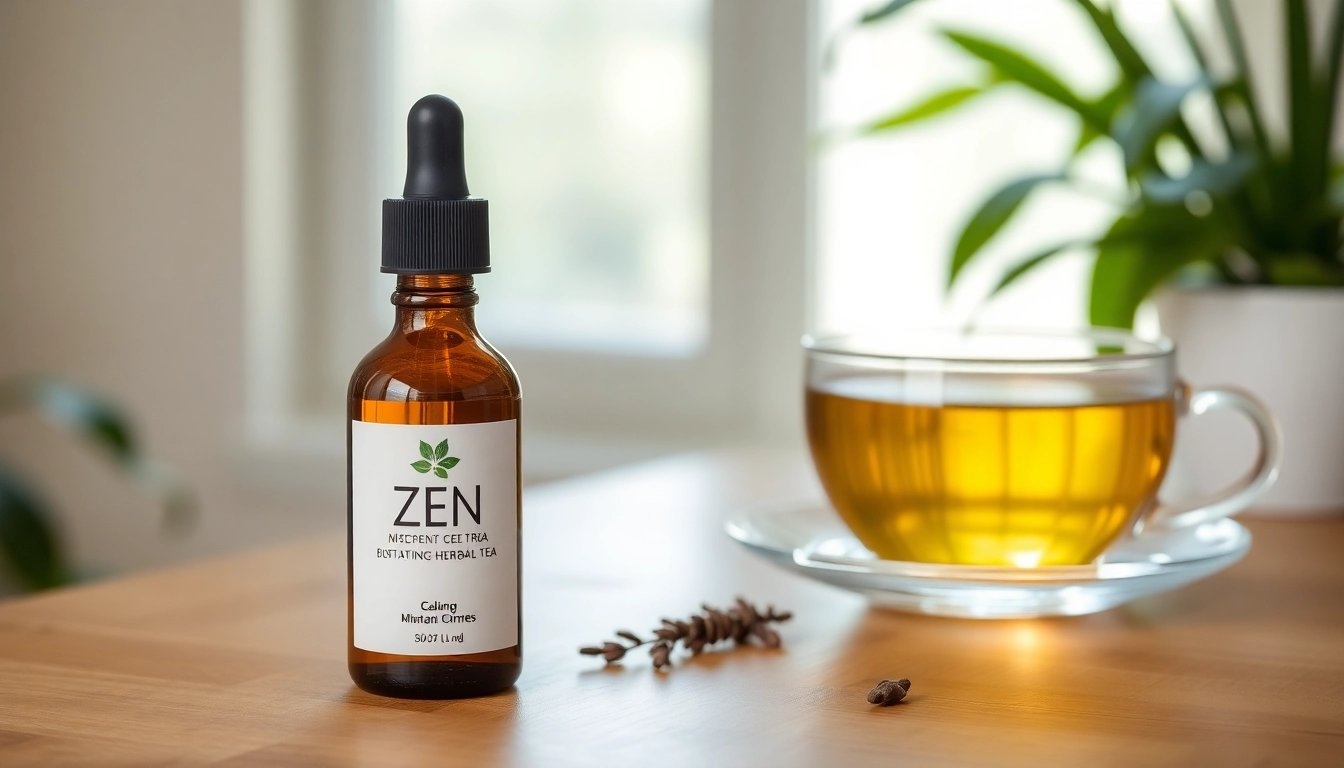What Is Vitamin Infusion?
Understanding the Concept
Vitamin infusion is a therapeutic process that administers essential vitamins, minerals, and nutrients directly into the bloodstream through an intravenous (IV) drip. This method allows for maximum absorption and bioavailability, ensuring that the nutrients circulate within the body efficiently. Unlike oral supplements, which must navigate the digestive system and can suffer from variable absorption rates, vitamin infusion bypasses these barriers, delivering nutrients directly to the body’s cells where they are needed most.
The concept of administering vitamins and nutrients intravenously is not new; it has been employed in medical settings for decades, primarily for patients who cannot consume food normally or require rapid replenishment of nutrients due to various health conditions. However, in recent years, vitamin infusion has gained popularity among wellness and holistic health enthusiasts. Many individuals seek it out for its purported benefits in enhancing energy levels, improving skin quality, and optimizing overall health. To learn more about it, consider exploring expert resources on vitamin infusion.
Benefits of Vitamin Infusion
The infusion of vitamins offers several benefits that contribute to overall health optimization. Here are some notable benefits:
- Immediate Nutrient Delivery: One of the most significant advantages of vitamin infusions is that nutrients are delivered directly into the bloodstream, allowing for immediate physiological effects.
- Increased Energy Levels: Many individuals report enhanced energy levels following an infusion due to the replenishment of essential nutrients that support metabolism and cellular function.
- Improved Immune Function: Vitamin infusions often include key immune-boosting vitamins, such as Vitamin C, which may help strengthen the body’s defenses against common illnesses.
- Enhanced Hydration: Since the infusion also includes saline fluid, it can assist with hydration, which is vital for maintaining various bodily functions.
- Skin Health: Nutrients such as Biotin, Vitamin C, and antioxidants can promote radiant and healthier skin, aiding in the management of various dermatological conditions.
Common Ingredients in Vitamin Infusions
While the specific composition of vitamin infusions may vary based on individual needs and wellness goals, there are several common ingredients frequently used:
- Vitamin C: Known for its antioxidant properties and role in collagen synthesis, Vitamin C is often included to enhance skin health and bolster immunity.
- B Vitamins: These vitamins play crucial roles in energy production and metabolism. B12, in particular, is vital for red blood cell formation and neurological function.
- Magnesium: This mineral supports muscle and nerve function, energy production, and helps manage stress levels.
- Calcium: Essential for bone health and muscle contractions, calcium is frequently included for individuals lacking this in their diet.
- Glutathione: An important antioxidant that helps to detoxify and protect cells from oxidative stress.
How Does Vitamin Infusion Work?
The Process Explained
The process of vitamin infusion begins with a consultation where a healthcare professional assesses the individual’s health status, dietary habits, and specific health needs. Based on this assessment, a customized infusion formula is created.
Once the formula is prepared, the individual will receive the infusion through an IV drip. This process typically takes between 30 minutes to 2 hours, depending on the specific ingredients and the person’s tolerance. During the infusion, nutrients are delivered directly and gradually into the bloodstream, where they can be utilized almost immediately by cells throughout the body.
Who Should Consider It?
Vitamin infusions can benefit a wide array of people, including:
- Individuals experiencing fatigue and low energy.
- People with nutritional deficiencies unable to meet their needs through diet alone.
- Those looking to enhance their immune function, especially during cold and flu season.
- Individuals with certain health conditions that affect nutrient absorption, such as gastrointestinal disorders.
- Athletes seeking quicker recovery after intense training or competition.
Expected Results from Vitamin Infusion
Following vitamin infusion therapy, individuals often experience a range of positive effects. Many report a noticeable boost in energy levels, improved mood, and better sleep quality. Additionally, improvements in skin appearance and hydration levels may also be evident. Clients may also find that recovery from exercise is expedited, giving them enhanced performance outcomes.
Benefits of Vitamin Infusion for Health
Boosting Energy Levels
A significant number of individuals turn to vitamin infusion therapy to combat feelings of fatigue or low energy. The direct delivery of B vitamins and essential nutrients such as magnesium can bolster energy production at the cellular level, resulting in a revitalizing effect that is often felt within hours.
The infusion potentially benefits not only physical energy but also mental clarity and focus. By supplying the brain with key nutrients, clients can experience improved cognitive function and reduced feelings of mental fatigue.
Strengthening Immunity
Maintaining a robust immune system is crucial for warding off illnesses and infections. Vitamin infusion therapy commonly includes potent immune-enhancing nutrients, such as Vitamin C, zinc, and glutathione. These ingredients work synergistically to boost cellular immunity, enhance antioxidant activity, and promote overall well-being.
Regular vitamin infusion may be particularly beneficial during periods of increased stress or exposure to pathogens, such as flu season, by fortifying the body’s defenses.
Improving Skin Health
Healthy skin reflects the condition of the body internally, and vitamin infusions can provide profound benefits for skin health. Infusions containing antioxidants and essential vitamins can help combat oxidative stress, reduce inflammation, and stimulate collagen production for improved skin texture and appearance.
Individuals noticing premature signs of aging, such as wrinkles or dullness, may find vitamin infusions an effective adjunct to topical skincare routines.
Best Practices for Vitamin Infusion Therapy
Finding Qualified Providers
When considering vitamin infusion therapy, selecting a qualified and experienced provider is paramount. Look for licensed medical professionals or clinics specializing in integrative medicine or nutritional therapy. Ensure that the provider conducts thorough assessments before any infusion and offers customized solutions tailored to your needs.
Preparing for Your Session
Preparation for vitamin infusion sessions is critical to ensure optimal results. It is advisable to:
- Stay well-hydrated before your appointment.
- Avoid heavy meals immediately prior to the infusion.
- Discuss any current medications or supplements with your provider to avoid potential interactions.
- Communicate medical history, including allergies and existing health conditions.
Aftercare Tips
Post-infusion care is equally important. Following your session, it is recommended to:
- Stay hydrated to assist in the absorption of nutrients.
- Avoid intense physical activity for 24 hours to allow the body to integrate the nutrients effectively.
- Monitor how you feel in the hours and days following the infusion, making note of any side effects or changes in energy levels.
Measuring the Impact of Vitamin Infusion
Tracking Health Improvements
It is advisable to keep a log of your health status and any symptomatic changes before and after vitamin infusion sessions. Consider noting energy levels, mood changes, physical performance, and overall well-being. Having this record will help in assessing the effectiveness of the therapy and guide future infusions.
Common Post-Infusion Experiences
While many individuals report positive outcomes from vitamin infusion, some may experience temporary symptoms such as mild discomfort at the injection site, slight headiness, or transient changes in energy levels. These responses are typically short-lived and should not alarm patients unless they persist or worsen.
Consultation Recommendations for Continued Use
Regular consultations with your provider can help optimize the benefits of vitamin infusion therapy. It’s essential to discuss ongoing symptoms, dietary habits, and lifestyle factors that may influence your health. Your provider may recommend a tailored schedule for ongoing infusions or possible dietary changes to enhance overall wellness.



